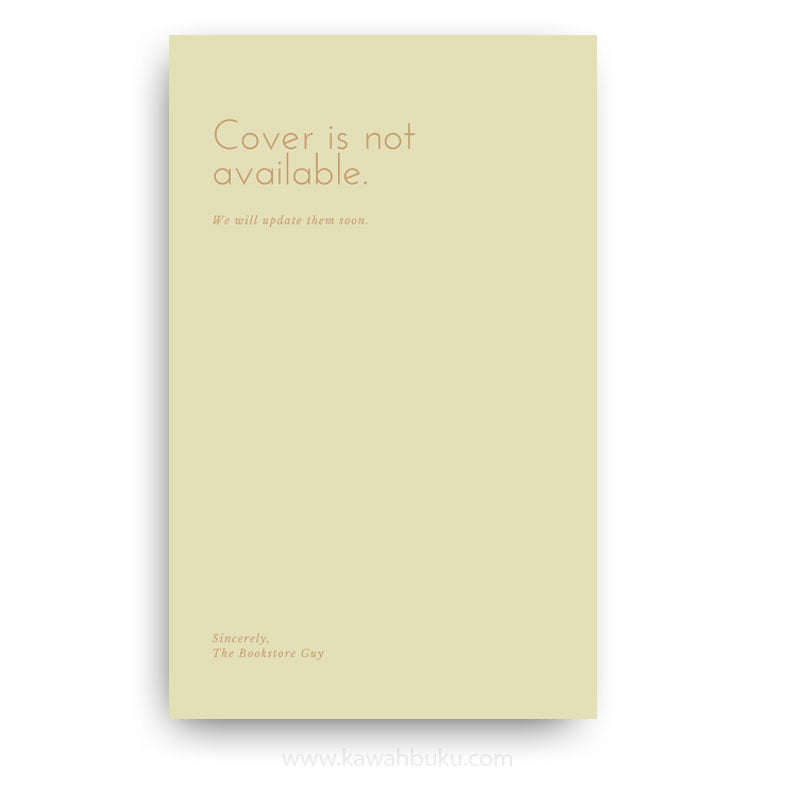Antara Kampung dan Kota: Rural Bias in the Novels of Shahnon Ahmad examines eleven novels written between 1965 and 1978, a time span and corpus of works that provide a wealth of understanding and insight into both Shahnon’s skill and perception as a writer. It proposes to explore his ideas, their emergence, and development, to examine the internal structure and texture of his works, and to show that both the structural and perceptual frameworks confirm a rural bias. In doing so, it seeks to place him in the mainstream of modern Malay literary tradition, seeing him as an individual writer who responds to influences around him, just as he exerts his own influence on that surrounding. The time frame of the study is bound by the dates of publication of the novels studied. For this reason, the study acknowledges Shahnon’s role as an important influence in the formulation of the concept of ‘Islamic literature‘ in Malaysia in the late 1970s and early 1980s but does not pursue this particular development in his career.
Antara Kampung dan Kota: Rural Bias in the Novels of Shahnon Ahmad is divided into three sections, all of which serve to complement and supplement one another. Section I is not primarily intended to present a periodization of literary history. The organization into periods is made in order to facilitate an understanding of the overall development of modern Malay literary history. In this section, the writer examines the various formative forces which shape modem Malay Literature. The perceptions, value orientations, and conventions that form modern Malay literary culture are placed within the wider context of a political, social, and cultural environment. This is the literary tradition that Shahnon has inherited and of which he is a part.
Shahnon utilizes and modifies on the basis of his own experience the perceptions and world-view which characterize modem Malay literary culture. It is this process of dynamic interaction with the tradition of Malay literature which produces the framework of ideas that structures his novels. In Section II, the development of his ideas is traced through the span of the eleven novels. The analyses of the literary works are organized chronologically to show how these ideas emerge, take shape, grow, and are crystallized in the course of subsequent works. Such examination provides, simultaneously, a comprehensive picture of the core of ideas that informs Shahnon’s works and, underlying this range of ideas, his consistent rural bias.
Section III attempts to explore the process of giving form to these ideas. It examines the internal properties of the works, analyses the various elements of fiction Shahnon employs and identifies the structural patterns which emerge. In doing so, it suggests that the rural bias which characterizes the framework of ideas in the novels emerges also in their construction as works of literature. It also points to the implications of the narrative characteristics that are identified and Suggests ways in which the area can benefit from further study.











Reviews
There are no reviews yet